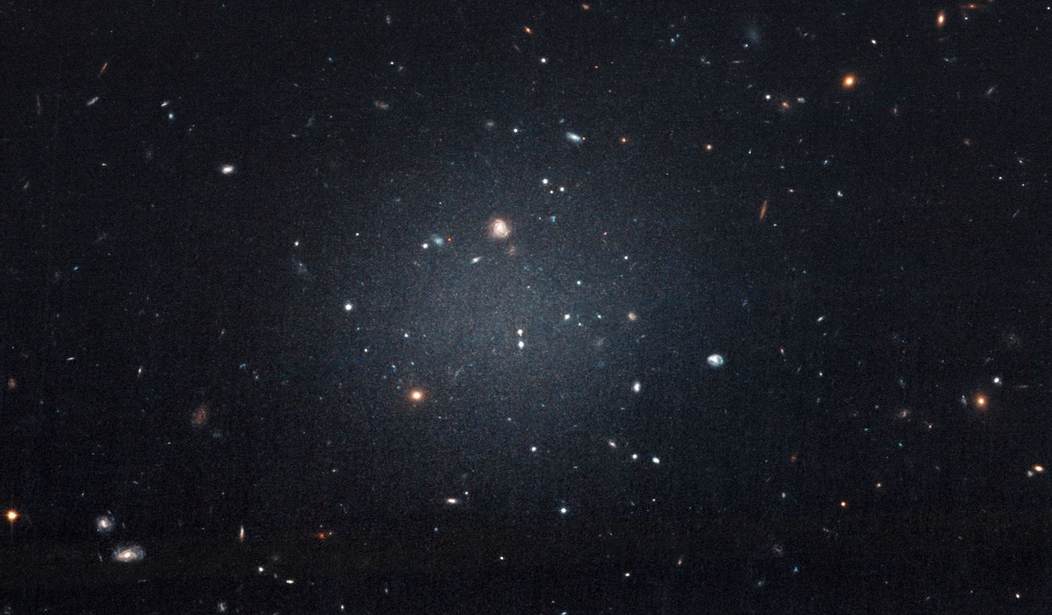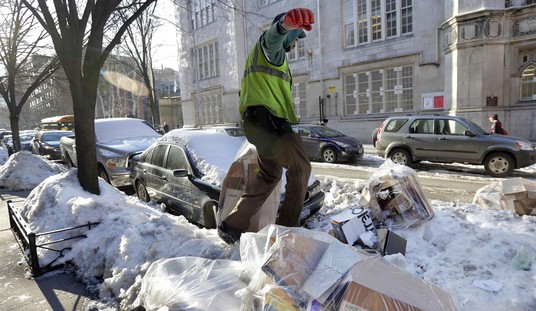One of the most subtle threats to any civilization is a decline in its ability to approach the unknown. The undiscovered is as important as the known. If the knowns are compiled in an encyclopedia, the compendium of things “we don’t know about” has been called by some the reversopedia. Vital as it is, how one may reasonably ask, is it possible to map terra incognita?
The lists of unsolved problems that every field of inquiry– astronomy, biology, chemistry, computer science, physics, etc.– seems to throw up continuously, allows us to trace the boundaries of ignorance. Mathematics, for example, generates questions in each branch (i.e. algebra, analysis, game theory, topology) for which no one yet knows the answer. Indeed, the process of inquiry seems to create more questions for each one it answers. It seems impossible to expand the encyclopedia without simultaneously enlarging the reversopedia.
While this has no fatal implications for inquiry itself, an expanding reversopedia creates serious political problems for ideologues. Politics is, after all, mostly about making promises, assuring the public of certain solutions if only politicians are given X dollars to do it. But if it turns out that some scripts can’t be written in advance then the authority of the Plan is undermined and we must content ourselves to surviving another day. For example, a Harvard Medical School article on the COVID-19 pandemic says the disease, rather than conforming to expectations, keeps mystifying the experts with new twists and turns:
“One of the things we have learned is there’s a lot of things that we have observed that don’t fit our models for the way things should work,” said Megan Murray, the Ronda Stryker and William Johnston Professor of Global Health at Harvard Medical School, director of the HMS Global Health Research Core, and co-leader of the epidemiology working group of the Massachusetts Consortium on Pathogen Readiness (MassCPR).
It is unlikely that a single unifying explanation could ever account for the complexity of the global ebb and flow of the virus, Murray said.
Epidemiology encompasses all the different ways that a pathogen interacts with people—the genetics of the virus and its human hosts, modified by their complex interplay with politics, economics, socioeconomic factors, and culturally-driven behaviors and attitudes. With its mystifyingly different presentations across different age groups, its ability to be transmitted even by those without symptoms, and with an evolving cast of variants of concern, SARS-CoV-2 is anything but simple. …
More than a year into the pandemic, with advances in therapeutics and rising levels of immunity from both vaccination and natural infection, the contagion is entering a new phase.
“This is probably chapter two in the story of COVID-19, and there’s no way to know how long the book will be,” said Michael Mina, an assistant professor of epidemiology at Harvard T. H. Chan School of Public Health
Fortunately for politicians, as Ben Rhodes once observed, “the average reporter we talk to is 27 years old and…they literally know nothing.” With such an audience it is easy to “move on” from one false certainty to another. But such mental self-deceptions are harder for Steven Koonin, Caltech physics professor and the top scientist in Barack Obama’s Energy Department, who argues that because the actual science behind such things as climate change policy is unsettled due to the irreducible complexity of the problem relative to available data, then plans must be correspondingly flexible to cope. Unless one is prepared at any moment to respond to new evidence, political momentum can carry things into disaster.
But it is difficult for politicians to admit ignorance and fallibility, especially when it comes to saving the planet or beating the pandemic. For many academics and public figures, bucking the Narrative is not an option. They must stick to the party line whatever their doubts or risk their jobs. Yet reality will not care and the most damaging effect of imposing a “consensus” is it perverts inquiry. As the Wall Street Journal article on Steven Koonin noted:
But science itself is not conducted by polls, regardless of how often we are urged to heed a “scientific consensus” on climate. As the science-trained novelist Michael Crichton summarized in a famous 2003 lecture at Caltech: “If it’s consensus, it isn’t science. If it’s science, it isn’t consensus. Period.” Mr. Koonin says much the same in “Unsettled.”
This creates blind spots, but who cares? Nature quotes a Georgetown virologist as saying: “There are still major stones that need to be unturned” [in connection with the origins of the COVID-19 pandemic], including the possibility that its genetic near-relatives are lurking in Southeast Asia, poised to strike across the species boundary. Does anyone want to hear that?
If the Western mind is ever to be freed from the blinders of consensus it will probably be through the same mechanisms that drive commercial and government innovation. Historically, the profit motive and military/strategic necessity have overthrown more shibboleths than most everything else combined. The rise of SpaceX is an example of the former and Apollo of the latter. As Josef Taalbi writes, a better mousetrap can replace even a Woke mousetrap:
In the canonical economic models, innovation is motivated by expected private returns to innovation, which are ensured to varying degrees by intellectual property rights, e.g. patent laws or induced by increasing market demand and user initiatives . Other frameworks view innovation as resulting from advances in the stock of knowledge, useful knowledge, new technological opportunities and the diffusion of general purpose technologies.
To the innovator, the reversopedia is the cradle of new industries. The challenge to societies faced with intellectual stagnation is finding ways to support autodidacts working outside or only partially within existing institutions so that they can lend their weight to creative entrepreneurs. This requires providing scaled-down equivalents of services used by entrepreneurial innovators to get scholars started. This includes:
- The distribution of all available open-source references in an offline medium like a thumb drive. This can be thought of as the Encyclopedia of the Commons, less any material excluded by intellectual property rights or security classification. With the encyclopedia, the scholar can make a basic start offline, free from surveillance unless it is authorized by warrant.
- A low bandwidth, text-only grapevine to allow scholars to apprise others of what they’re doing without being censored by “fact-checkers” employed by social media or China-like social credit scoring systems; and perhaps most importantly
- An online platform where unsolved problems can be posted, the submission of peer-reviewed solutions to which earns a stated prize and thereafter becomes part of the open-source commons, a case in which the Reversopedia becomes part of the Encyclopedia.
Subversion by market innovation is perhaps the only known counter to the deadening hand of ideology, and if inquiry won’t come from the Woke academy something else must be encouraged to compete with it. Success against the bureaucrats is by no means assured but more is at stake than the mere vitality of Western civilization. Ever since primitive men looked up at the night stars, wonder has been part of humanity’s birthright. To give up questing for consensus, to surrender our curiosity for pat answers is too great a price to pay for the surety of orthodoxy.
Books: Unsettled: What Climate Science Tells Us, What It Doesn’t, and Why It Matters. Fascinating, clear-headed, and full of surprises, this book gives readers the tools to both understand the climate issue and be savvier consumers of science media in general. Koonin takes readers behind the headlines to the more nuanced science itself, showing us where it comes from and guiding us through the implications of the evidence. He dispels popular myths and unveils little-known truths: despite a dramatic rise in greenhouse gas emissions, global temperatures actually decreased from 1940 to 1970. What’s more, the models we use to predict the future aren’t able to accurately describe the climate of the past, suggesting they are deeply flawed.










Join the conversation as a VIP Member